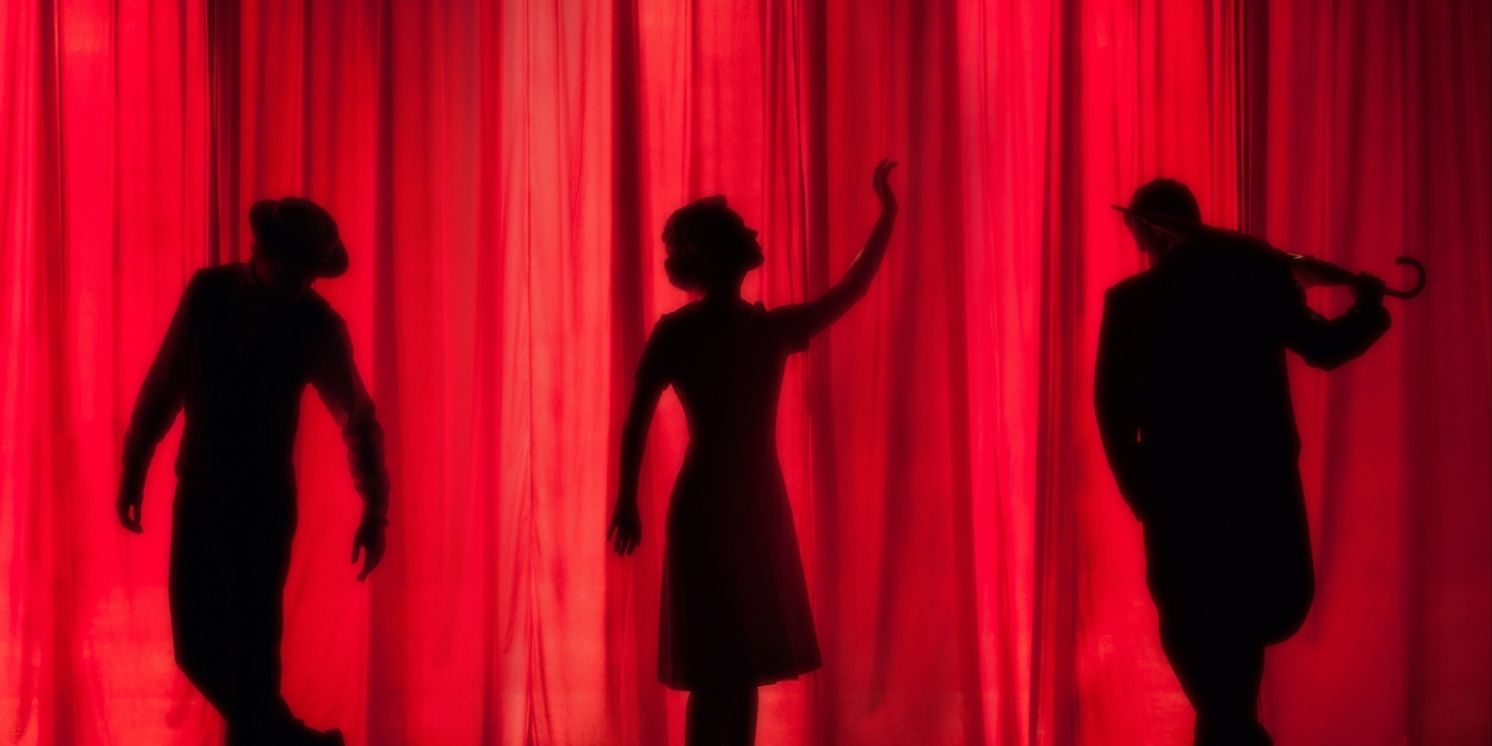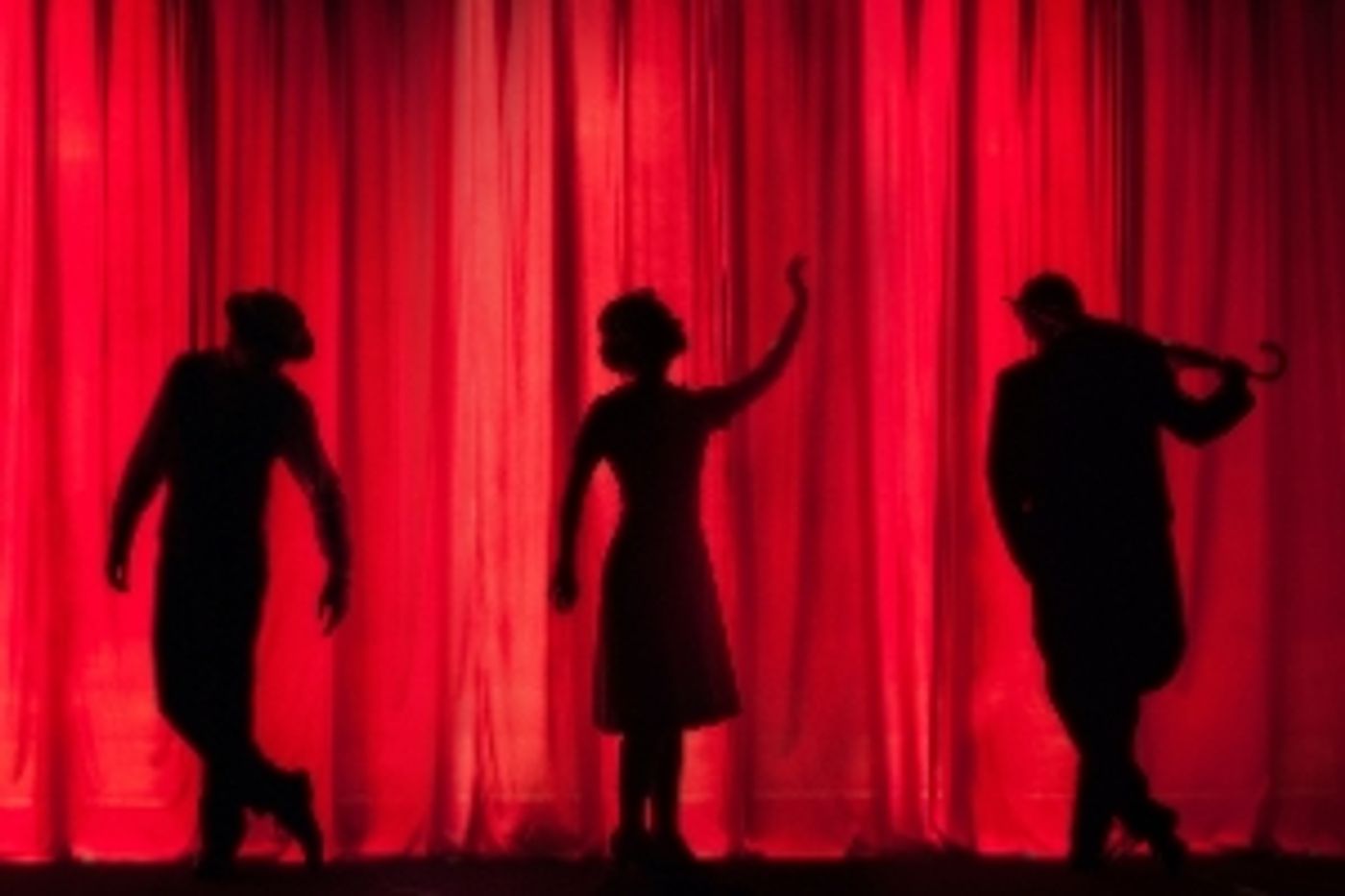Student Blog: Fighting Imposter Syndrome as a Performer
What do you do when your fear or self-doubt gets in the way of your performance?

 What does it mean to be “good enough?” In musical theater, especially dance, there are always more tricks and skills you can learn. There are always ways you can improve. And most of all, there will always be someone who can do more tricks and skills than you- someone who is “better” than you. Social media makes it so much easier to compare yourself to other performers. There are nights that I find myself scrolling on TikTok or Instagram obsessively watching these dancers execute 12 perfect pirouettes or do an insane tumbling pass. I find myself sitting there beating myself up because I am not yet at the level that these other dancers are. While this drive to be able to compete with these other dancers fuels my work ethic and determination, there is also a point where it can become harmful.
What does it mean to be “good enough?” In musical theater, especially dance, there are always more tricks and skills you can learn. There are always ways you can improve. And most of all, there will always be someone who can do more tricks and skills than you- someone who is “better” than you. Social media makes it so much easier to compare yourself to other performers. There are nights that I find myself scrolling on TikTok or Instagram obsessively watching these dancers execute 12 perfect pirouettes or do an insane tumbling pass. I find myself sitting there beating myself up because I am not yet at the level that these other dancers are. While this drive to be able to compete with these other dancers fuels my work ethic and determination, there is also a point where it can become harmful.
I didn’t start taking dance lessons until I entered high school. Before that, I was always considered a “strong mover”- someone who could pick up complicated choreography but not one you would give a dance solo to. Now, only three years later, I am being given the role of dance captain and those featured dance roles I would have never been considered for before. But I am not going to lie, it does get difficult to see this personal growth when there are other performers my age who have been training for over 10 years.
Throughout my theater career, I have gone through periods of time where I have no confidence. I feel like I am a fake or not good enough or an imposter. Clearly, that is not great for my craft. Fear or lack of confidence can be very harmful to any performance. So over the years, I have found a few tactics that help me maintain confidence and stay out of my head when I start to feel the negative thoughts overshadowing my abilities.
My first strategy is to literally fake it til I make it. No matter how nervous I may be, I pretend that I am completely confident. I force myself to stand tall, put my shoulders back, and take deep breaths. I have found that if I manifest my confidence with my body language, I begin to actually feel more confident in the end. I use this strategy most of the time in auditions. If you are a performer who gets nervous in auditions, try this technique of consciously using that confident body language. It doesn’t matter how nervous you are deep down, fake confidence is still confidence.
The next strategy I use is very similar to the first one, but I use it more for dance classes instead of auditions. In most dance classes, there is a portion of the class referred to as “across the floor.” The teacher will give a short combination that travels across the dance floor and the students take turns executing the combination. These across-the-floor combinations are used to warm up the dancers, work technique, or practice certain skills. For a while, I was really struggling with properly executing the across-the-floor combinations in my jazz class. I would get in my head about remembering the combination, end up overthinking the steps, and as a result, make lots of mistakes. I am the textbook definition of a perfectionist, so when I would make big mistakes I would get super frustrated and the negative thoughts would come rushing in. In class, we do an across-the-floor combination several times. Each time I went to execute the combination, my frustration and negativity from my previous mistakes would carry over, causing me to do even worse the next time around. It was all one big domino effect of negativity. Once I noticed this pattern, I knew I had to find a way to break it in order to improve. I came up with the strategy of “resetting” each time I went across the floor. As I prepare to go across, I take a deep breath and force myself to smile. As silly as this sounds or feels, it really works. It is the same phenomenon as the first strategy of using confident body language to manifest real confidence. If I force myself to take a deep breath and smile, I stop any frustration over mistakes from carrying over into my next run of the combination.
Clearly, neither of these strategies have been scientifically proven nor are they 100% effective. Sometimes, I just have a bad day and that is normal! If you are a performer who is struggling with feeling down about your abilities or feeling like you aren’t “good enough,” I encourage you to find strategies of your own. It is totally normal to feel nervous or have doubts about your talents- every performer experiences it. But that doesn’t mean it has to affect the way you perform. It is important to manage these negative thoughts, and this is going to look different for every performer. Find a strategy that works for you and use it confidently!
Videos


